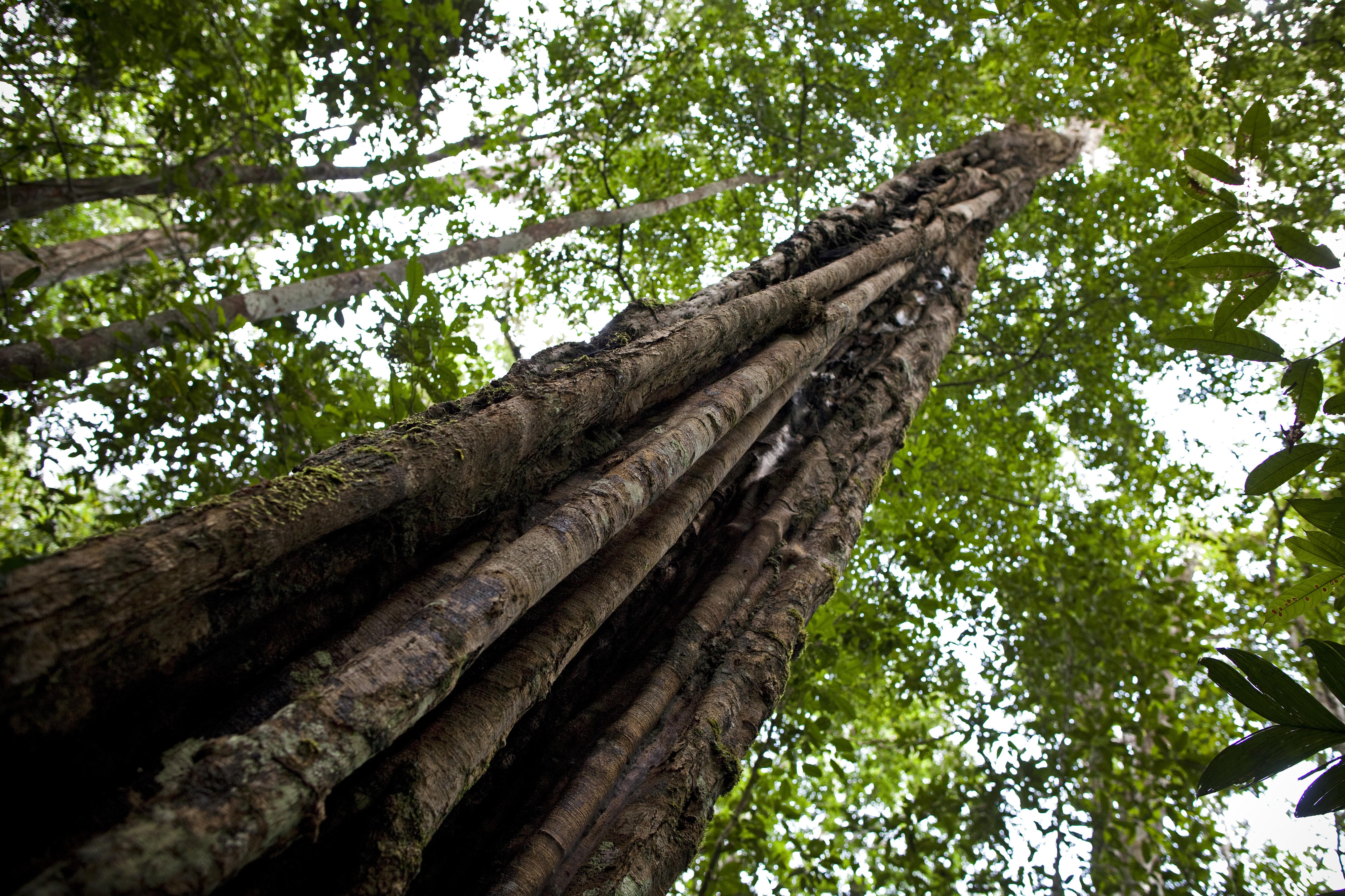Rainforest in Jaraqui, Brazil
Copyright© Thomas Trutschel/photothek.net
Climate action Key partner for global climate action
Brazil is one of the world's richest countries in terms of biodiversity and natural resources. About 60 per cent of the Amazon rainforest is located in Brazil. Without an intact Amazon region, it will not be possible to contain global warming. Conserving the Amazon helps to limit extreme weather events – including in Germany and Europe. Brazil is also among the leaders in the G20 when it comes to the share of renewable energy in the electricity mix, which makes the country a key partner for the global energy transition. Brazil has enormous untapped potential for renewable energy generation and green hydrogen.
The current Brazilian government has made climate action a key priority. At the international level, Brazil has renewed its Nationally Determined Contribution and stated clearly that it is committed to the Paris Agreement. In November 2025, the country hosted the 30th Conference of the Parties to the United Nations Framework Convention on Climate Change in Belém in the Amazon region.
Yet Brazil is still facing great challenges. The deforestation rate is still high, making the country one of the world's biggest emitters of greenhouse gases. And the government continues to attach strategic importance to the oil and gas industry.
As at: 07/11/2025
